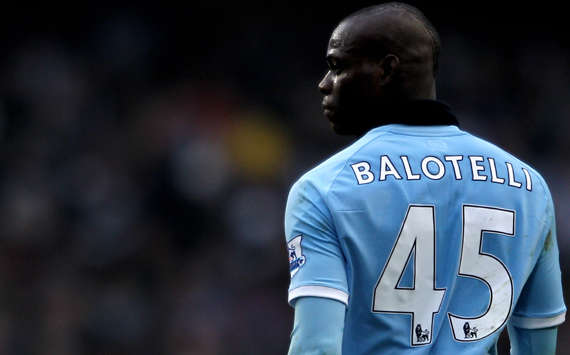To continue (http://transformingtraditions.blogspot.com/2011/11/almost-totally-new-black-manifesto-for.html):
7. A critical black consciousness - here meaning a critical consciousness about all what being black entails - does not just bubble up from the biological fact of one’s body. There is not ready-made relationship between a person’s skin colour and her thought about the ideological meaning of skin colour. Dark-skinned can be - well, anything. Sometimes that thing is great. At other times it is something not to be proud of. The same applies to Africanness of course. One does not develop a questioning attitude about what Africanness mean because one lives in Africa or is referred to or refers to herself as African. Indeed, this unsettled relation between body and thought, physical location and intellectual view, holds for all identities historically oppressed or marginalised by European, patriarchal, capitalist, (hetero)sexist and racist power: a black lesbian woman does not become radically feminist simply because she has endured sexist violence all her life, and a rich African boy might not necessarily turn out to be the enemy of the poor. Even while ‘there is no doubt that the pain is always felt more by those who lives with oppression than those who have intellectually converted to the cause of the oppressed” then, as Fikile-Ntsikelelo Moya has said, a critical view of the state of the metaphoric black-and-white world needs nurturing, arises out of deliberation.

8. Ghanaianness isn’t part of anyone’s make up, you don’t pass on Ghanaian DNA to your children. Percy Zvumoya said that in a well-thought piece on the Italian Mario Balotelli in the Mail & Guardian. Of course he is right that Ghanaianness isn’t genetic. However he is wrong that you can’t pass Ghanaianness to your offspring. Yes you can, just as you try to pass on Balotelliness, Italianness, Africanness, blackness or any other sense of collectiveness. It isn’t only our DNA that we pass on to our issue, because it’s not only biologically that human beings try to reproduce themselves. Because we are aware that children come into the world as strangers, it is not enough that they have our genetic material. We also want them to have our way of life. We want them to learn to see the world, themselves, us and others the way we see things. We induct them into our language. We hand over our memories, and pray they will not be betrayed. We pass on out tastes, aspirations, fears, dislikes and hopes. That is what tradition is all about. And that’s the only way Ghanaians, Africanness, Italianness, blackness or any collective sense of us-ness, that thing we refer to us culture, can manage to live on when we are gone.
The passing on of the black genome is essential to natures symbiotic harmony because it necessiates that communicability be based off of the innneractivity of the chemical melanin. The cosmos is melanated, the oil in the ground is melanin itself and the chlorafil in plants is melanin. The reason that the moon exerts a force on the ocean is because melanin exists in the earth beneath the water and reacts to the melanated compulsion of the moon which hieghtens the sensitivity of all things melanated. Melanin is a polycyclic biopolamer that is classifiable and distinguishable through all national expressions of its genetic vessel. Every black race is genetically distinct becuase melanin is that divisible.
ReplyDelete